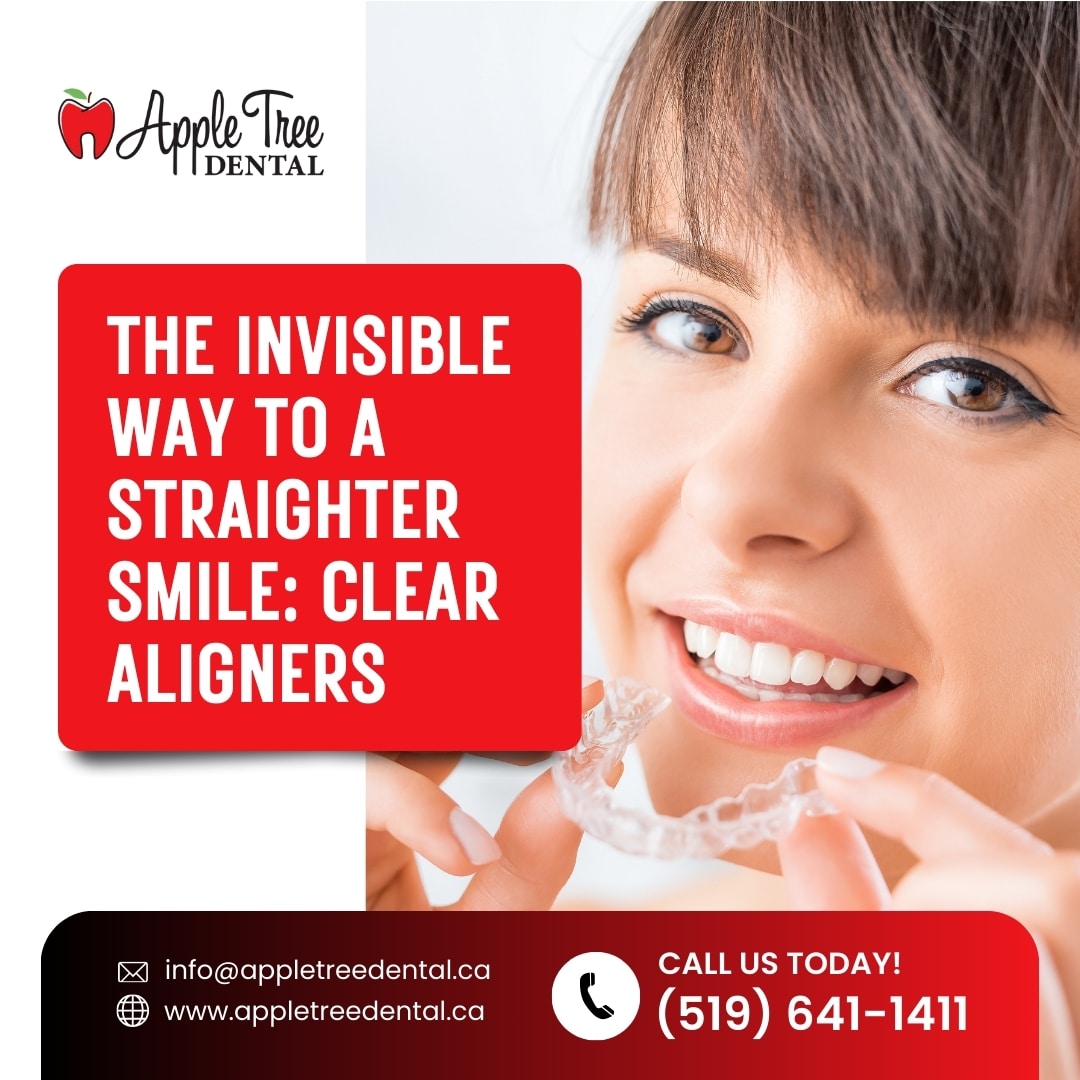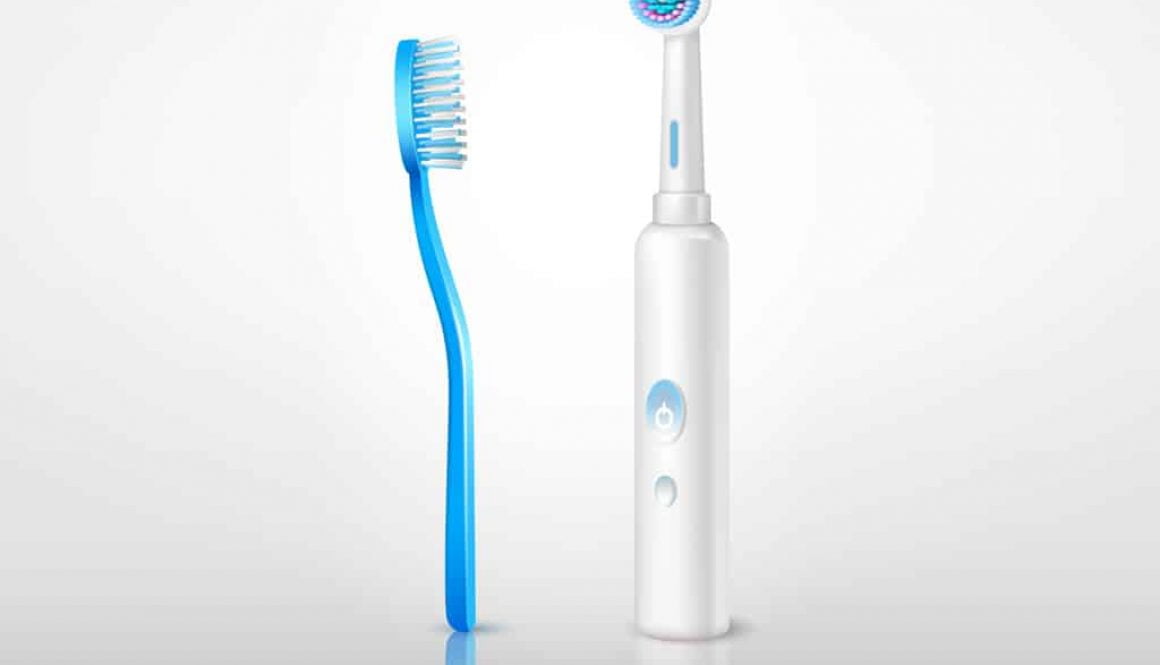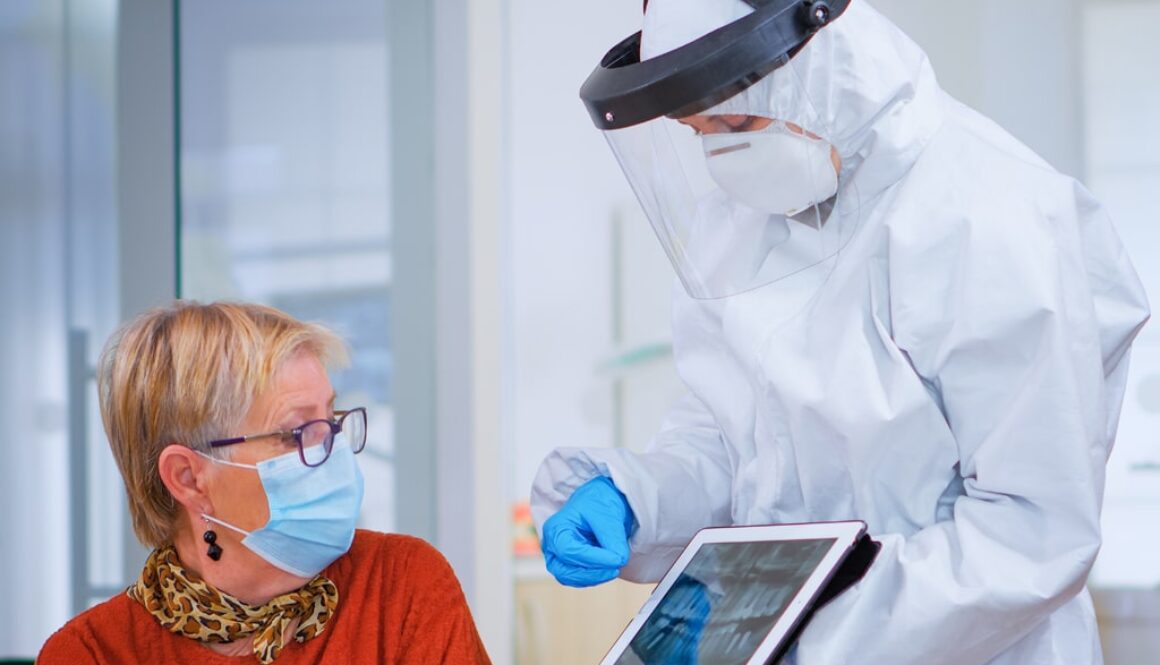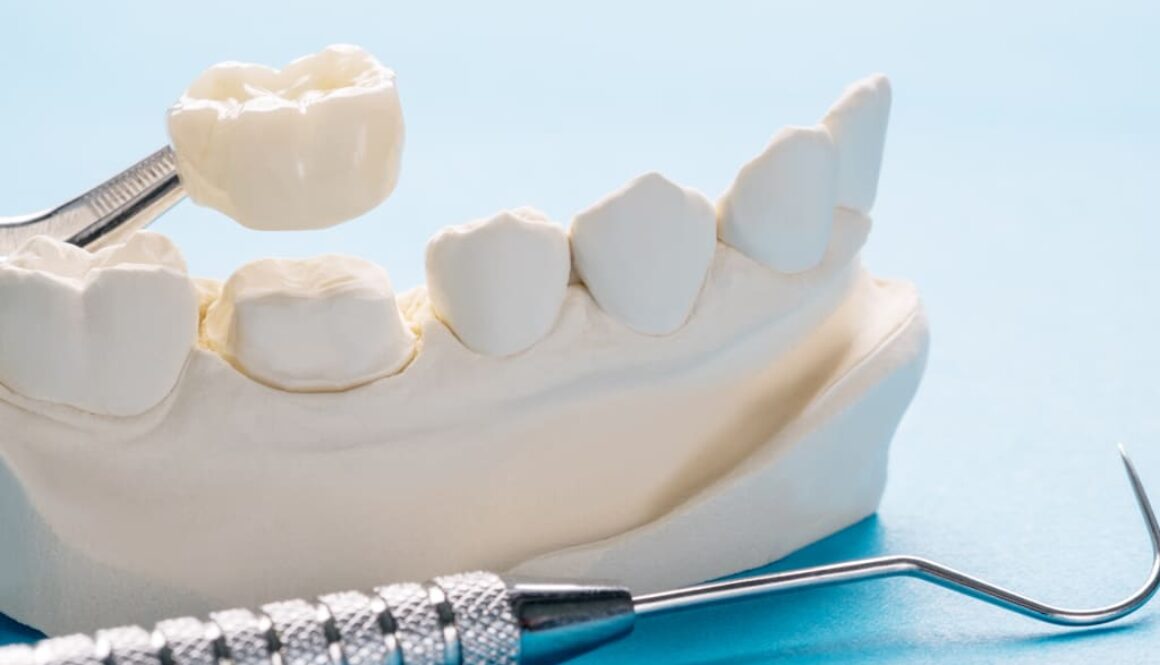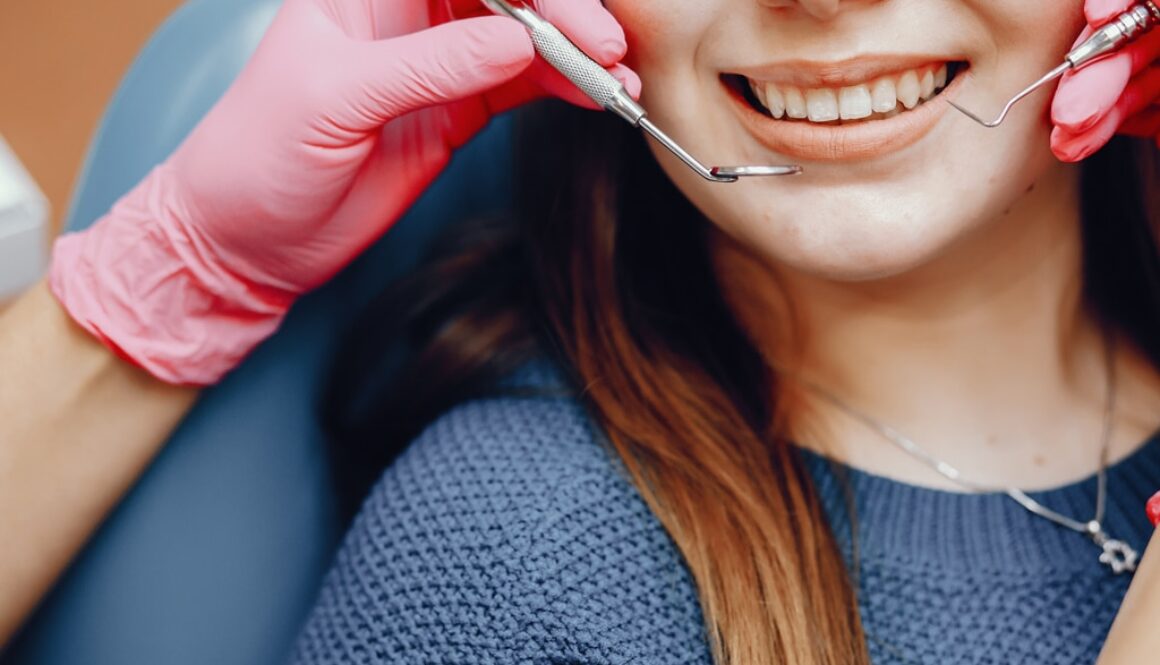How Do I Get Rid Of Bad Breath?
Blog
How Do I Get Rid Of Bad Breath?
Introduction:
We have compiled this article on “How Do I Get Rid Of Bad Breath?.” The reference links are at the bottom of the article.
Treatment
To reduce bad breath, help avoid cavities and lower your risk of gum disease, consistently practice good oral hygiene. Further treatment for bad breath can vary, depending on the cause. If your bad breath is thought to be caused by an underlying health condition, your dentist will likely refer you to your primary care provider.
For causes related to oral health, your dentist will work with you to help you better control that condition. Dental measures may include:
- Mouth rinses and toothpastes. If your bad breath is due to a buildup of bacteria (plaque) on your teeth, your dentist recommend a mouth rinse that kills the bacteria. Your dentist may also recommend a toothpaste that contains an antibacterial agent to kill the bacteria that cause plaque buildup.
- Treatment of dental disease. If you have gum disease, you may be referred to a gum specialist (periodontist). Gum disease can cause gums to pull away from your teeth, leaving deep pockets that fill with odor-causing bacteria. Sometimes only professional cleaning removes these bacteria. Your dentist might also recommend replacing faulty tooth restorations, a breeding ground for bacteria.
What You Can Do About Bad Breath
It’s easy to improve your breath and keep your teeth and gums healthy at the same time. Try these simple steps to make your mouth feel fresh and clean.
Brush And Floss More Often.
Plaque, the sticky buildup on your teeth, collects bacteria that cause bad breath. Trapped food also adds to the problem.
Brush your teeth at least two times each day, and floss at least once. If you’re concerned about your breath, do both a little more often.
Don’t overdo things, though. If you brush too hard you can wear down your teeth, making them vulnerable to decay.
Rinse Your Mouth Out.
Besides freshening your breath, a mouthwash adds extra protection by getting rid of bacteria. A fresh minty taste can make you feel good. But be sure the mouthwash you choose kills the germs that cause bad breath. Don’t just cover up the smell. Rinse daily with a good mouthwash and stop bad breath at its source. The ideal time to do this is before bedtime.
You can also help your breath if you swish your mouth with plain water after you eat. It can get rid of food particles that get stuck in your teeth.
Scrape Your Tongue.
The coating that normally forms on your tongue can be a host for smelly bacteria. To get rid of them, gently brush your tongue with your toothbrush.
If your brush is too big to comfortably reach the back of your tongue, try a scraper. “They’re designed specifically to apply even pressure across the surface of the tongue area. This removes bacteria, food debris, and dead cells that brushing alone can’t take care of,” says hygienist Pamela L. Quinones, past president of the American Dental Hygienists’ Association.
Avoid Foods That Sour Your Breath.
Onions and garlic are big offenders. But brushing after you eat them doesn’t help.
The best way to stop the problem? Don’t eat them, or at least avoid them before you go to work or see friends.
Kick The Tobacco Habit.
Besides causing cancer, smoking can damage your gums, stain your teeth, and give you bad breath.
Over-the-counter nicotine patches can help tame the urge. If you need a little help, make an appointment with your doctor to talk about quit-smoking programs or prescription medications that can help you give up tobacco for good.
Skip After-Dinner Mints And Chew Gum Instead.
The bacteria in your mouth love sugar. They use it to make acid. This wears down your teeth and causes bad breath. Chew sugarless gum instead.
“Gum stimulates saliva, which is the mouth’s natural defense mechanism against plaque acids, which cause tooth decay and bad breath,” Quinones says.
Keep Your Gums Healthy.
Gum disease causes bad breath. Bacteria gather in pockets at the base of teeth, which creates an odor.
Moisten Your Mouth.
You can get tooth decay and bad breath if you don’t make enough saliva. If your mouth is dry, drink plenty of water during the day.
Chew sugarless gum or suck on sugar-free hard candy. Also try a humidifier at night to moisten the air in your house.
See Your Doctor.
If your bad breath continues despite your best efforts, make an appointment with your doctor. They’ll check to see if your problems are related to a medical condition.
Conclusion:
Thank you for reading this article, and check back frequently for other dental health articles. Should you have any questions, please contact Apple Tree Dental today!
Article compiled by Apple Tree Dental


